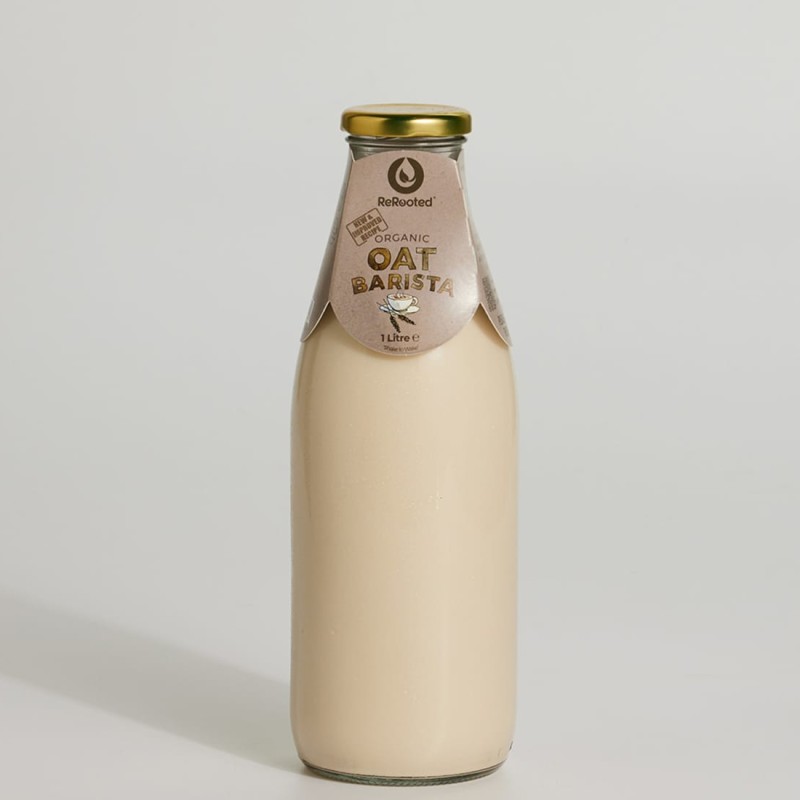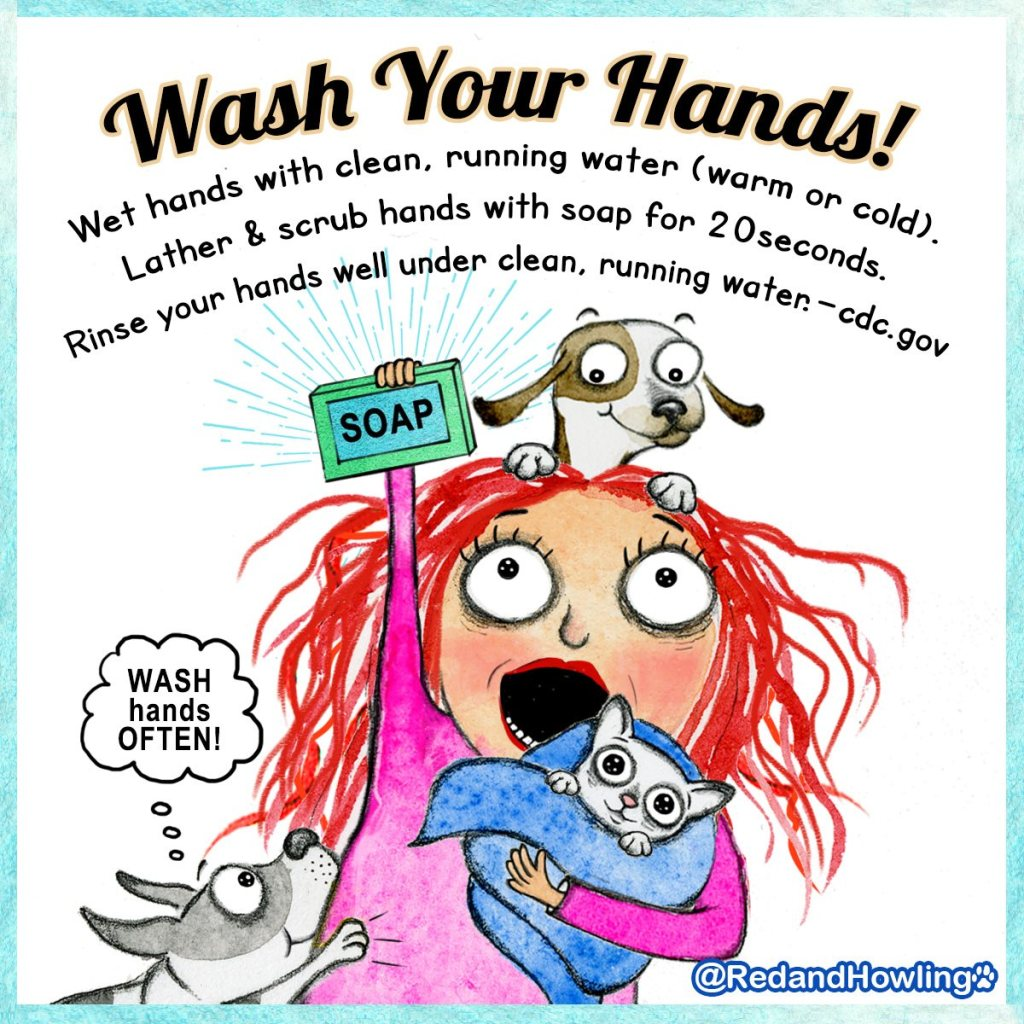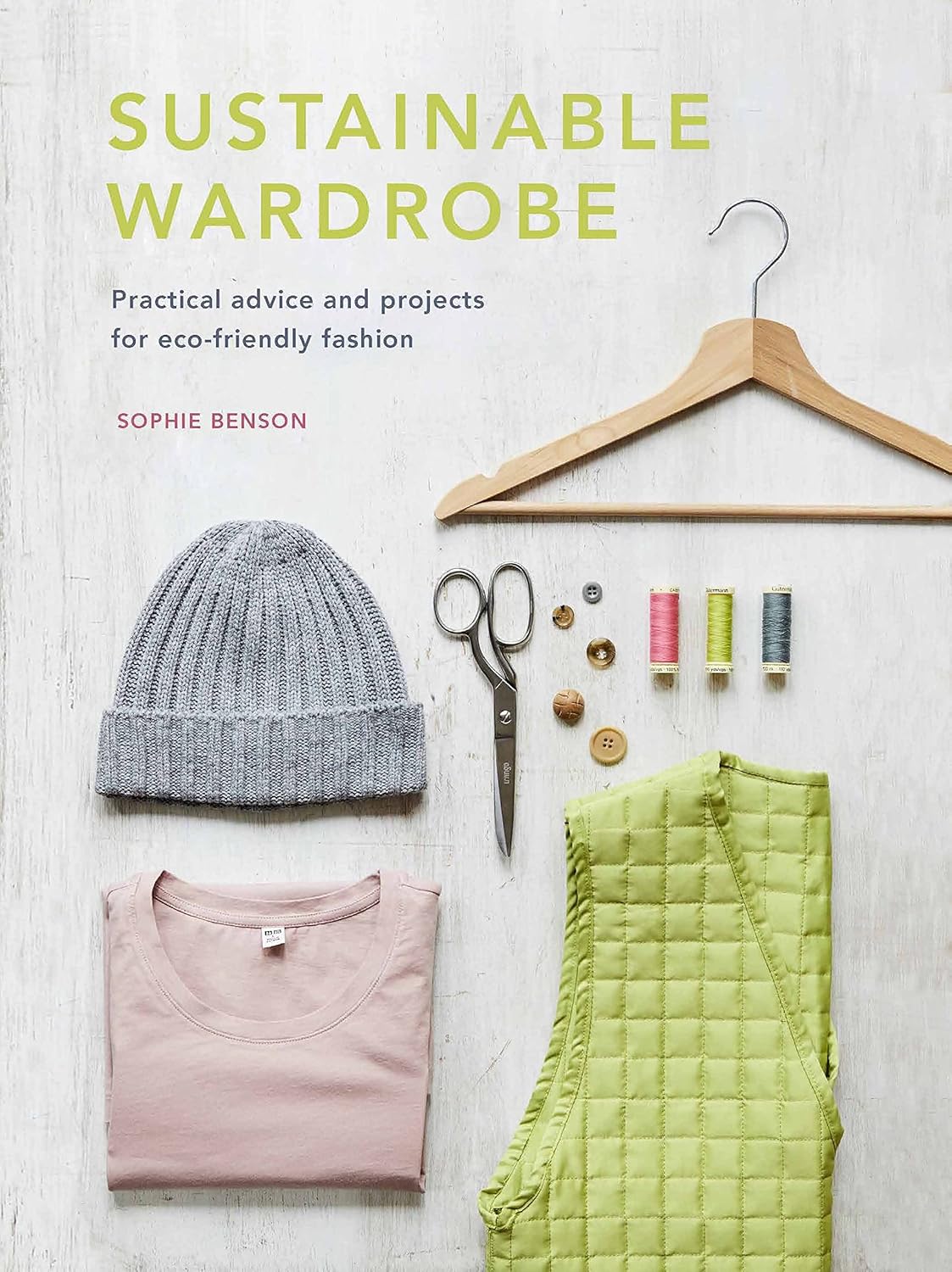Affordable and Energy Efficient Washing Machines

With rising energy bills, investing in an energy-efficient washing machine when time comes to replace, is a very good idea. But it’s important to know what energy ratings mean, and which features save you money, and how to take care of a washing machine, to extend its life.
Use with biodegradable laundry powders (unscented for pregnancy/nursing and baby/pet bedding). Launder synthetic fibres in microfiber filters.
Decoding Energy Rating Labels
Every washing machine in the UK must display an energy rating label. A is the most energy-efficient, and will also be cheaper to run and likely use less water per cycle.
Eco cycles clean at lower temperatures (but can take longer) and look for ones with Quiet Mark labels, plus quick wash and half-load settings. Some have a delay timer, to run washes at off-peak electricity rates.
Affordable Washing Machine Options
If you can’t afford to buy a new washing machine, Reuse Network is a nationwide organisation that takes unwanted washing machines, then sells them to people on low incomes, after safety checks. It has a free downloadable Fit for Reuse area of the website, where technicians can learn how to repair washing machines and other appliances, with guidance from trained experts and participating brands.
Maintenance of Your Washing Machine
- Clean the detergent drawer and rubber seals monthly to prevent mould.
- Wipe around the door after each wash to keep smells away.
- Run an empty hot cycle with baking soda and cleaning vinegar every few months to clean the drum.
- Check and clear the filter for lint and debris. Never leave lint in gardens, it can go mouldy and choke birds and wildlife.
At end of life, local councils will collect large appliances with notice). It’s UK law that companies selling you new electrical appliances, must take old ones back for recycling.
Hand-Washing Tips for Energy Savings
Of course you don’t need a washing machine at all. If you are going to hand-wash clothes, use cold or lukewarm water (hot water should be used for babies, pet bedding and for people with weak immune systems – using unscented laundry brands).
Soak stains first and agitate gently to avoid wear and tear. Use natural oxygen bleach, for bad stains. Then after washing, rinse well and wring out, then dry clothes naturally.
Scrubba: A Portable Modern Wash Board
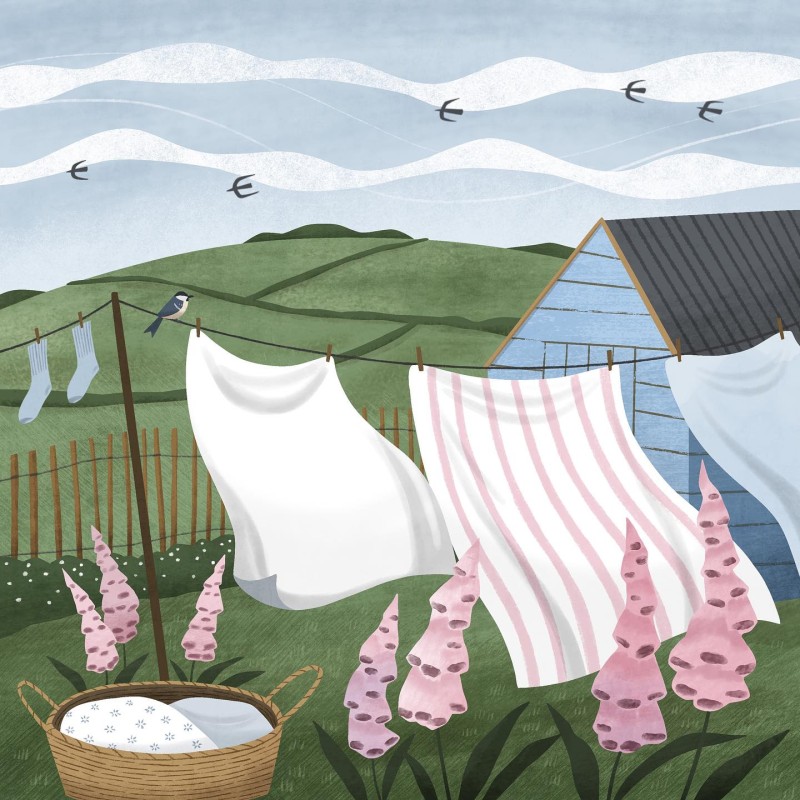
Scrubba is a little invention that is ideal for people who can’t afford a washing machine. It costs around £45 and is basically a modern alternative to a washboard, giving all the results of a washing machine, but just agitating the bag for a few minutes, with no electricity needed.
If washing by hand near rivers, streams or lakes (when camping), tip dirty water at least 30 metres (100 feet) from the water source, to prevent pollution.
Just add water, clothes and laundry liquid, close the bag and deflate it. Rub the clothes against the inner washboard for 30 seconds to 3 minutes, rinse and hang to dry. Scrubba can clean around 2 days worth of clothes in one go, and is used by 500,000 people worldwide. Its sister brand Allurette is rounder and flatter for delicate (so you don’t destroy your lingerie!)
To dry your clothes after washing, just wring them out and lay on a towel, then roll up the towel and twist firm, then hang both the clothing and towel to dry.
Use Your Local Launderette
Most towns still have the odd launderette, which obviously saves you having to buy a washing machine. Kitty’s Launderette (Liverpool) was named after an Irish immigrant who pioneered the washhouse movement, back in the day when most people had no laundry facilities.
This affordable community launderette offers a community space for tea and chat, plus an eco-dry-cleaning service. It also offers free washing services for those who need it, and a repairs/alterations service for clothing.
Run as a non-profit co-operative by local residents, it also offers services for hotels and restaurants, and will even wash gowns and kits for hair salons and local football teams (the city has two quite good ones!)
An Essex Model’s Iconic Launderette Ad
The Iconic Launderette TV ad for Levi Jeans is now over 30 years old (the jeans brand still uses leather patches and chemical blue dyes and has a low rating at Good on You). Instead switch to better brands of sustainable blue jeans.
Still, the ad was good. If you’re too young to remember it, it featured easy-on-the-eye Nick Kamen, who visited a laundromat in the 50s, and sits in his boxer shorts, after removing his jeans, to launder. All set to the theme of Marvin Gaye’s ‘I Heard It Through the Grapevine’.
The success of the ad led to a pop singing career. He was so handsome, that one magazine editor recalled him walking in wearing plain clothes and sunglasses. His girlfriend simply said ‘You have got to be kidding’.
By all accounts a humble kind man who studied painting. He died age just 59, after living with incurable bone marrow cancer for 3 years.
An Off-Grid Manual Washing Machine
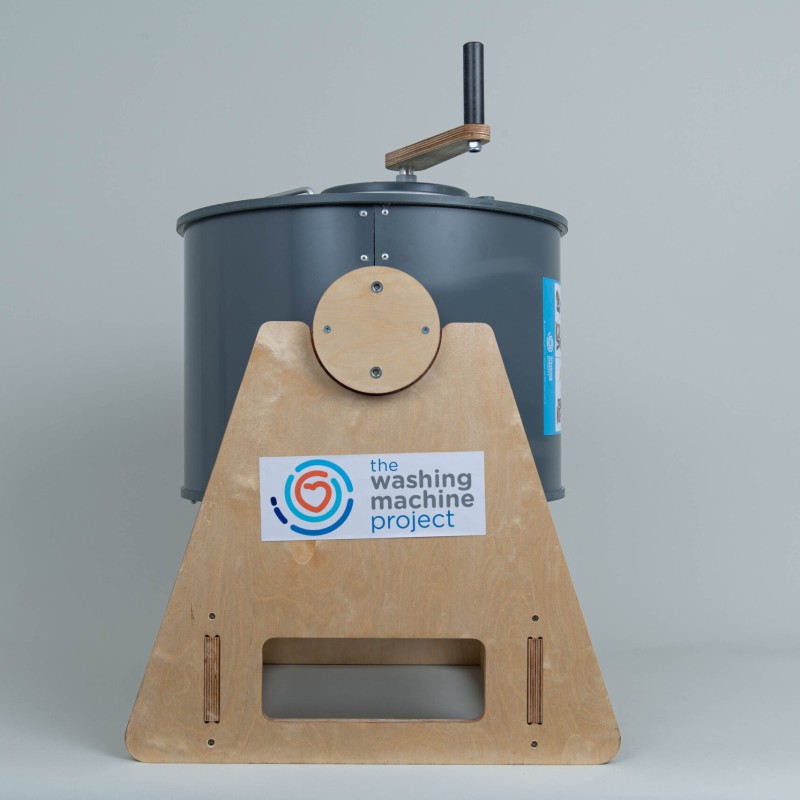
The Washing Machine Project is a simple, affordable and positive solution to many problems in developing countries. An empowering invention already used by 50,000 families, the founder spent time in Africa helping to design better stoves. And after watching a friend spend hours daily washing clothes, she returned to England, determined to do something to help.
This flat-packable washing machine is manually-operated and saves up to 50% of water (important in drought-prone countries). And also saves 75% of the time needed to wash clothes by hand. This also saves backache, and lets women work or children spend more time in school.
One machine can meet the needs of one large family, and the simple design means it needs little work to be repaired locally. It is also easily recycled, at end of life. With just a few minutes of manual turning, the machine washes clothes for 30 minutes, and has a built-in scrubber in the lid, to tackle stains on collars and cuffs.
It also has a wide lid opening, to wash blankets, towels and duvets. Some locals are even using the machine to run their own mobile laundry business, using the durable wheels that easily go over rough terrain.
Reviews from Users
- In India, one woman would spend hours washing clothes each day, carrying heavy water-logged clothing back and forth to the local pond.
- In Uganda, a single mother of three had to wash clothes (in between working) at a nearby underground stream, close to the sewage system.
- In Mexico, women who had back, hip, knee, should, hand and waist pain from washing clothes now make use o the washing machine, which has made them all feel a lot better!
Start a fundraiser, to bring more off-grid washing machines to communities worldwide!



